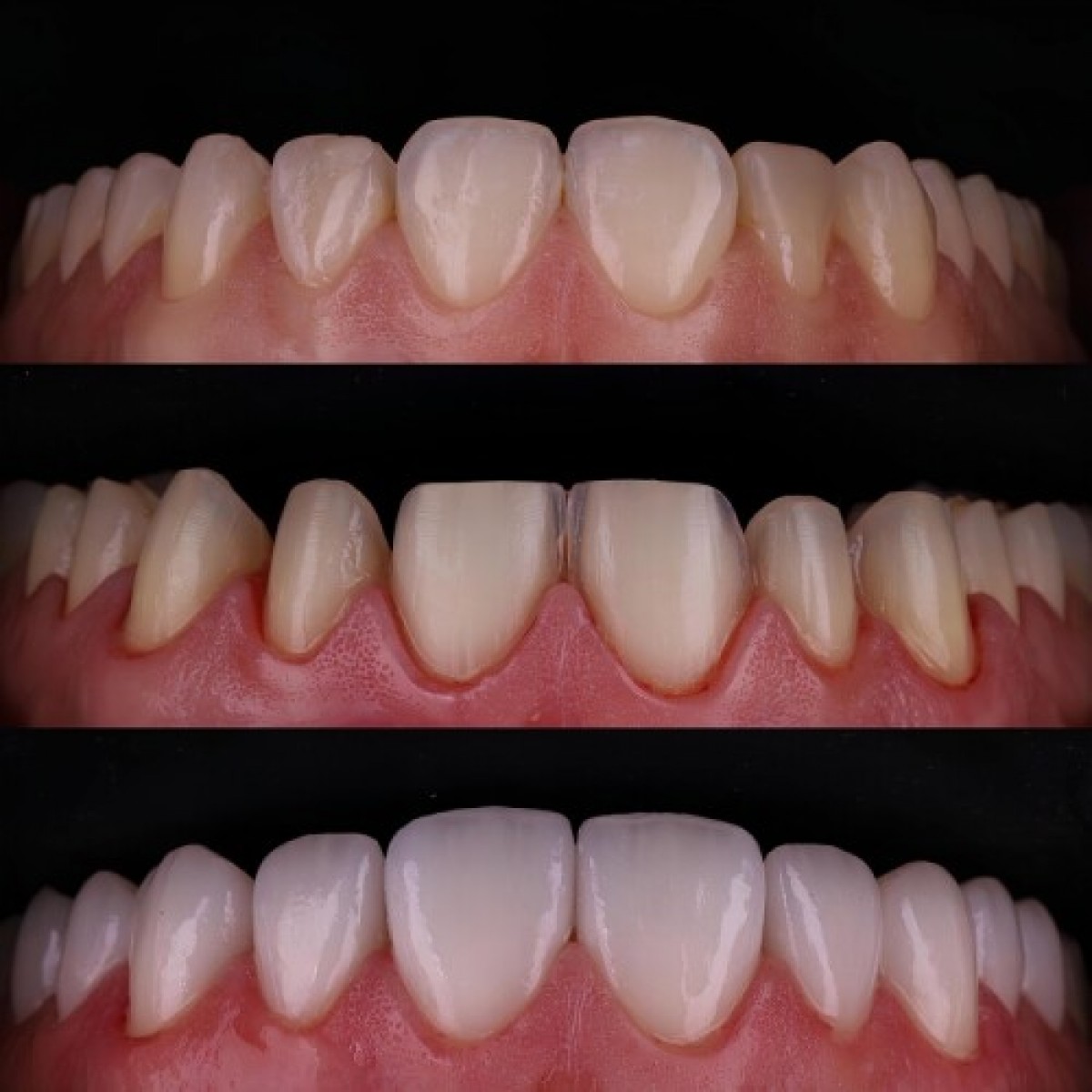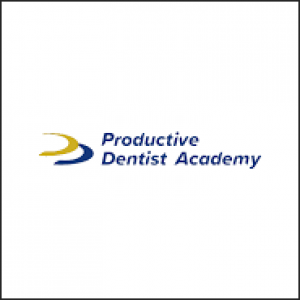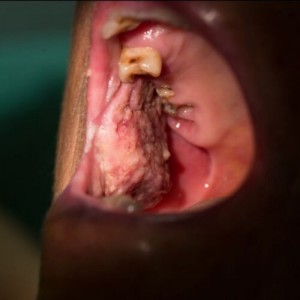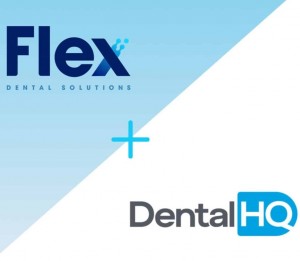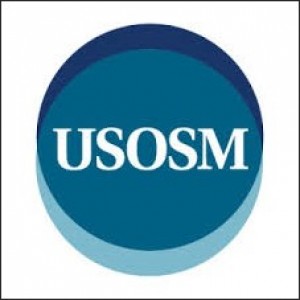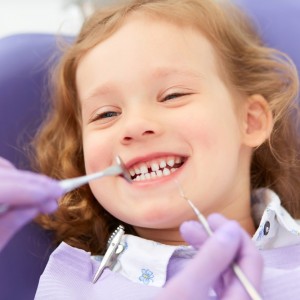
Evidence-based dentistry for planning restorative treatments: barriers and potential solutions
Introduction
Evidence-based dentistry (EBD) can help provide the best treatment option for every patient, however, its implementation in restorative dentistry is very limited.
Objective
This study aimed at assessing the barriers preventing the implementation of EBD among dental undergraduate and graduate students in Montreal, and explore possible solutions to overcome these barriers.
Materials and methods
A cross-sectional survey was conducted by means of a paper format self-administrated questionnaire distributed among dental students. The survey assessed the barriers and potential solutions for implementation of an evidence-based practice.
Results
Sixty-one students completed the questionnaire. Forty-one percent of respondents found evidence-based literature to be the most reliable source of information for restorative treatment planning, however, only 16% used it. They considered that finding reliable information was difficult and they sometimes encountered conflicting information when consulting different sources. Dental students had positive attitudes towards the need for better access to evidence-based literature to assist learning and decision making in restorative treatment planning and to improve treatment outcomes. Even for dentists trained in EBD, online searching takes too much time, and even though it can provide information of better quality than personal intuition, it might not be enough to identify the best available evidence.
Conclusions
Even though dental students are aware of the importance of EBD in restorative dentistry they rarely apply the concept, mainly due to time constraints. For this reason, implementation of EBD would probably require faster access to evidence-based knowledge.
Authors: K. I. Afrashtehfar, H. Eimar, R. Yassine, S. Abi-Nader, F. Tamimi
Source: https://onlinelibrary.wiley.com/
 Related articles
Related articles
Restorative dentistry 03 November 2025
The worldwide interest of both dentists and patients in esthetic dentistry has affected decision-making in dental practice.
By Lorenzo Breschi and Diego D’Urso
Despite the promising opportunities provided by selective procedures, not all of the clinical procedures in restorative dentistry are supported by good research.
Some studies have reported an association between dental caries experience and genetics, stating that genes can function as risk or protective factors for caries.
News 24 October 2025
As dental professionals prepare to wrap up 2025, many are setting ambitious goals for the year ahead, yet few have a clear, actionable plan to achieve them.
Implantology 17 October 2025
To investigate whether cross-section imaging influences the planning and therapy of standard implant cases in the posterior mandible.
 Read more
Read more
News 28 November 2025
Flex Dental Solutions, a leading patient-engagement software and authorized integration vendor for Open Dental users, today announced a new strategic relationship with DentalHQ, a premier...
News 28 November 2025
The Accreditation Association for Ambulatory Health Care (AAAHC) has accredited two additional U.S. Oral Surgery Management (USOSM) partner practices. They are North Sound Oral & Facial Surgery...
Pediatric dentistry 28 November 2025
Retrospective Review of Pediatric Oral Lesions from a Dental School Biopsy Service
This report presents a review of the results from 5457 biopsies of patients, 0-16 years of age, received over 15 years at the University of the Pacific School of Dentistry
Editorials 28 November 2025
RE-JOIN research project receives $1.4 million extension to advance joint pain research
A research team co-led by University of Michigan School of Dentistry faculty member Joshua Emrick has received substantial extended funding from the National Institutes of Health (NIH), paving the...
Products 28 November 2025
DEXIS has announced the results of new independent radiation testing for its handheld, portable X-ray system, NOMAD™ Pro 2.


